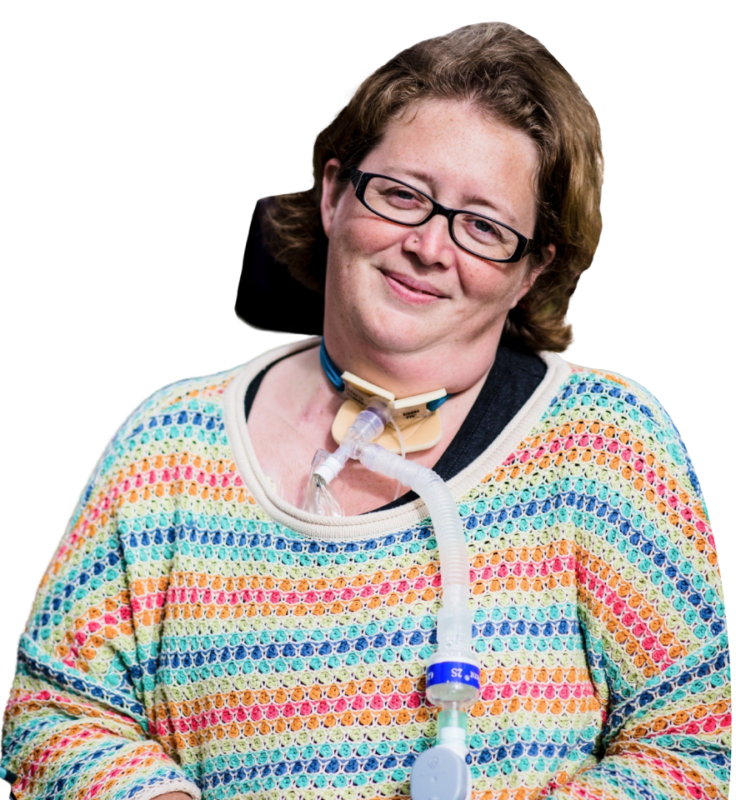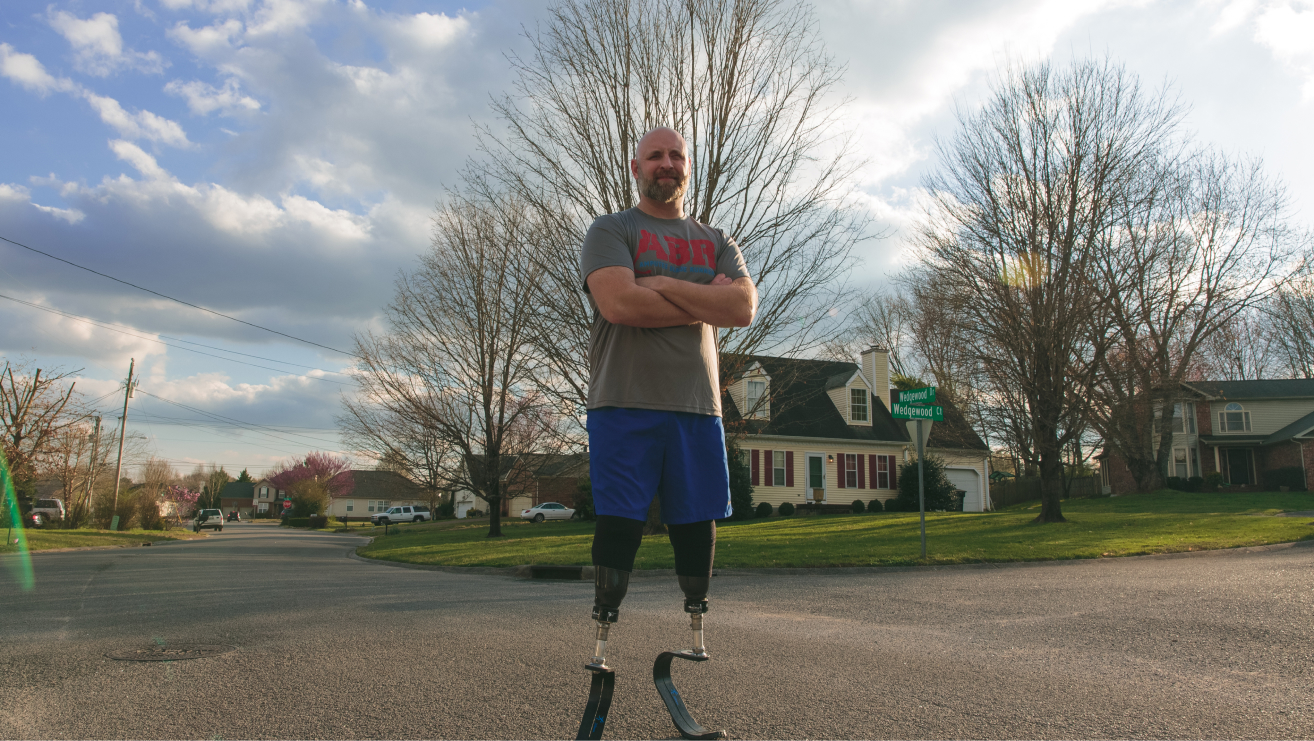Health System Innovation

Why communities are essential in health system innovation
Our health care system is quickly changing, and people with the most at stake often have no say in the process. This is especially true for people who are frequently left out of or harmed by policy and practice change decisions, including Asian, Black, Indigenous, Latinx, Pacific Islander, people with disabilities and/or complex health and social needs, LGBTQ+ people, immigrants, older adults, and women.
We know that health innovation — changing how care is delivered and paid for — won’t make our system better if the people impacted most aren’t centered in the process from beginning to end.
Led by Community Catalyst’s Center for Community Engagement in Health Innovation, and in collaboration with partners across the country, we work to spur the adoption of community-led and people-centered health innovation models. This includes surfacing community-centered approaches to telehealth and related technologies, supporting the integration of services in ways that respond to people’s needs and desires, and paying for care based on patient experience and outcomes.
Center for Community Engagement in Health Innovation
We also push for health care workforce innovations that embrace the role that communities have played for decades in creating workforce solutions — from community health workers to doulas and dental therapists. Our nation’s health care workforce is in crisis with provider shortages, inequitable treatment of health workers, and a lack of diversity in important fields.
Community Catalyst is committed to advancing workforce solutions that embrace community ideas and ensure that health care workers, particularly frontline workers, can thrive.
We’re also forming strategies that diversify the provider workforce in order to significantly increase the number of care providers who are women, LGBTQ+ people, and people of color, which is critical to building trust and providing culturally sensitive care.
In all that we do in the health innovation space, we center the experiences of people most harmed by the health system today, in service of creating a system truly grounded in every community’s needs and desires — one that is rooted in race equity and health justice, and doesn’t leave anyone behind.

Our Approach
- Conduct community-based research to better understand how inequities in the health system drive poor outcomes for systemically excluded communities and to explore practice and policy reforms that can uphold community-driven standards of care.
- Drive policy and practice strategies that build and promote people-centered innovation models and that invest in infrastructure. From value-based payment models to people-centered quality initiatives to telehealth policy, we work with partner organizations, policymakers, and health systems to advance innovation models that work for communities across the country — and to push for the infrastructure investments necessary for innovation to reach all communities, such as broadband investments in rural communities and IT infrastructure for community-based organizations.
- Drive people-centered financing and payment structures that are transparent, pay for value, are developed with communities, and incentivize provider participation, particularly those who serve individuals with complex medical and social needs and in rural areas.
- Advocate for seamless integration of physical health, mental health, substance use, dental, long-term service and support (e.g., nursing homes, in-home care), and social supports in ways that respond to the needs and desires of communities.
- Provide resources, facilitate trainings, and foster learning that supports health justice advocates with their engagement in health transformation and innovation decisions at local, state, and national levels.
- Encourage the health system to collaborate with cross-sector partners to fully address the social, economic, and political conditions that affect health and quality of life in the places people live, learn, work, and play.